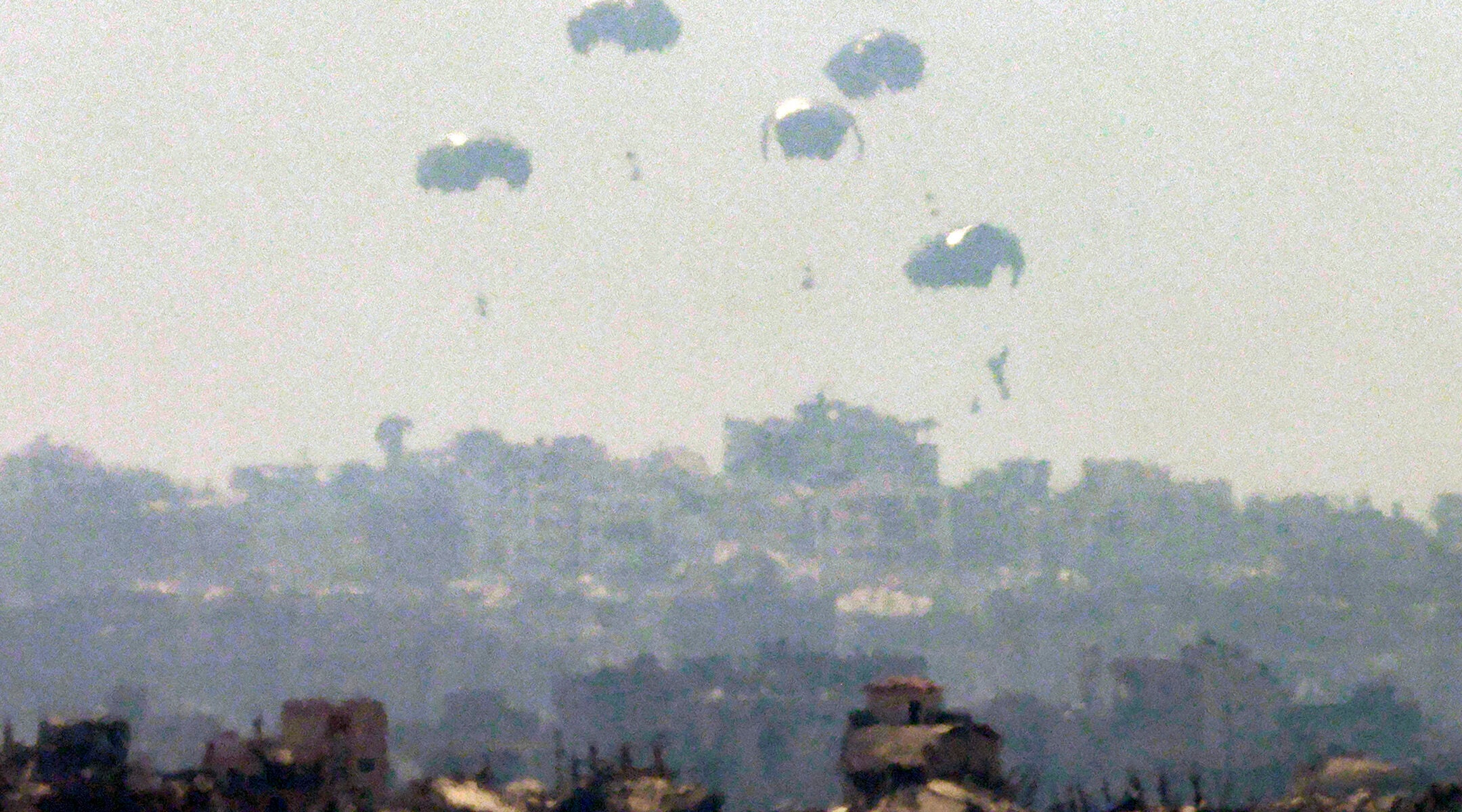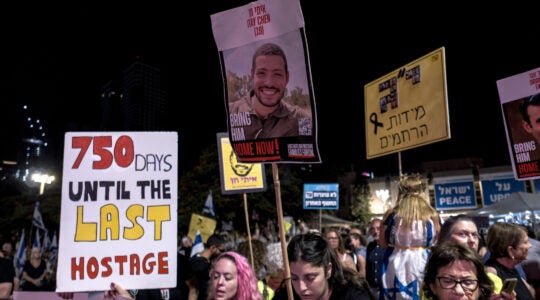Israel says its army is pausing military operations in some parts of Gaza for 10 hours a day to facilitate the distribution of aid to civilians.
The announcement Sunday comes amid a global outcry about the hunger crisis in the Palestinian enclave where the IDF has been battling Hamas for more than 21 months. Israel also dropped supplies by air for the first time in the war on Sunday, while Egypt allowed aid to enter through its border with Gaza in a first for a period when hostilities are ongoing.
In the first “humanitarian pause,” Israel said 120 trucks of aid entered Gaza on Monday and were taken by the United Nations to be distributed. Previously, Israel said the U.N. was unwilling to distribute aid, while the U.N. said Israel had declined to release it or safeguard its distribution.
The U.N.’s World Food Programme said in a statement that it welcomed the policy change and that it had enough food on hand to feed all of Gaza for nearly three months. It said that in addition to pausing combat, Israel had assured it safe passage through more routes within Gaza and the ability to bring in communication devices needed to coordinate distribution. (Israel had reportedly barred the devices because they could be used by Hamas fighters to coordinate attacks.)
“Together, we hope these measures will allow for a surge in urgently needed food assistance to reach hungry people without further delays,” the organization said.
Israeli media reported that Prime Minister Benjamin Netanyahu convened a meeting to set the new aid policies during Shabbat, when his far-right coalition partners, who oppose aid to Gaza and pauses in fighting without Hamas’ defeat, could not attend. One of them, Itamar Ben-Gvir, condemned the move on Sunday, tweeting, “‘Humanitarian’ aid = sustaining the enemy. Prime Minister, stop the spitting in the face of our fighters!”
Netanyahu, speaking to a conference of U.S. Christians in Jerusalem on Sunday, rebutted claims that his government is wielding starvation as an instrument of war.
“There is no policy of starvation in Gaza, and there is no starvation in Gaza,” he said, according to a transcript released by his office. “We enable humanitarian aid throughout the duration of the war to enter Gaza — otherwise, there would be no Gazans.”
Netanyahu blamed Hamas for stealing aid. Two reports this weekend — one from Reuters revealing a U.S. government analysis, and the other in the New York Times based on Israeli sources — said there was not evidence that Hamas had systematically stolen aid that entered Gaza.
Multiple Israeli hostages who were released during a ceasefire earlier this year said they had access to more food when aid was entering Gaza. “When there’s less food, then there’s also less for the hostages,” Yair Horn said this weekend. “When there’s aid, there’s a possibility you might get a cucumber.” Horn’s brother Eitan is one of 20 living hostages whom Hamas continues to hold in Gaza; there are also 30 Israelis whose bodies are being held hostage.
JTA has documented Jewish history in real-time for over a century. Keep our journalism strong by joining us in supporting independent, award-winning reporting.






